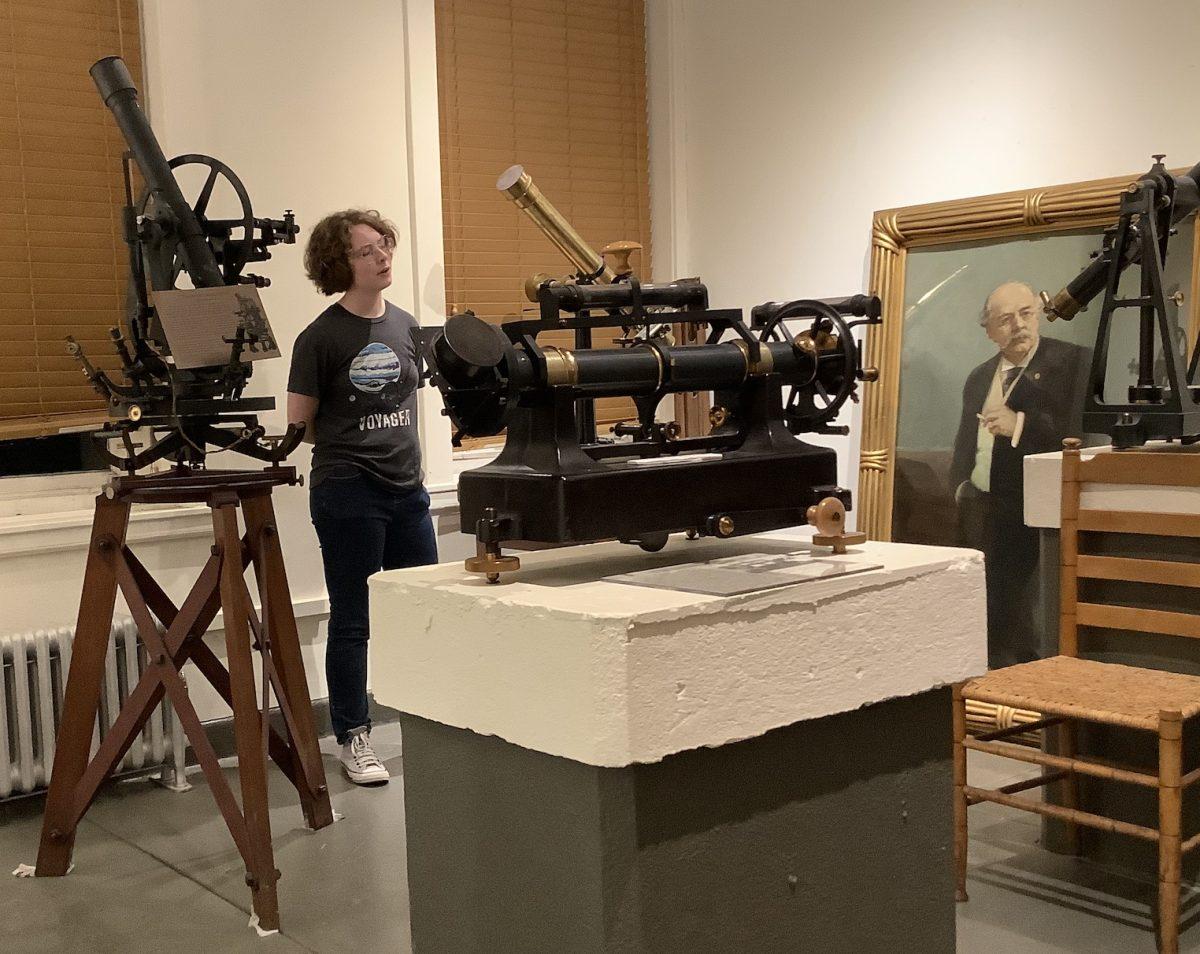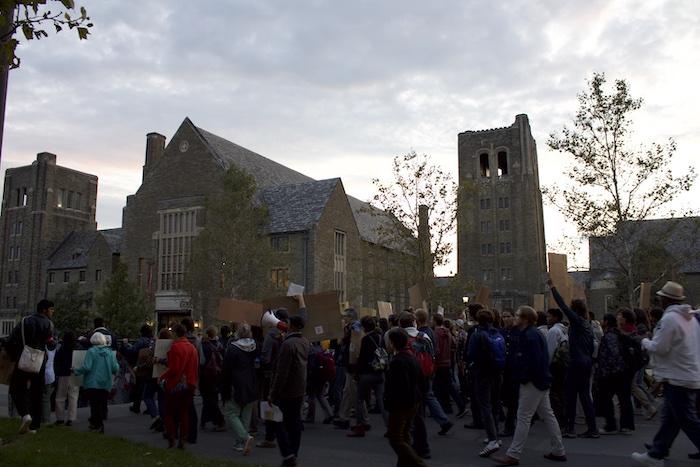Diana Ayubi’s Story— Leaving Afghanistan and Transitioning to Life in the United States
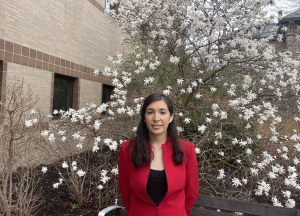
In August of 2021, the United States’ officially withdrew from Afghanistan, marking an end to the 20-year-war in the region. Following this withdrawal, the Taliban quickly took over Kabul, the capital city, as well as the rest of the country— sending the country into an economic and humanitarian crisis.
Amid this withdrawal and takeover, President Biden also froze billions of dollars in Afghan reserves, held in U.S. bank accounts, preventing the Taliban from accessing billions of dollars held in U.S. institutions. Afghanistan is one of the poorest countries in the world, being highly dependent on U.S.— which was no longer made possible with these sanctions.
In addition to the withdrawal of Western financial support in the aftermath of a Taliban takeover in August, aid agencies simultaneously warned of famine due to the presence of a drought.
Fleeing Afghanistan
In face of these warnings and with the country in shambles, on August 28, thousands of Afghans fled Afghanistan from Kabul International Airport.
Diana Ayubi was just one of those Afghans fleeing to the United States.
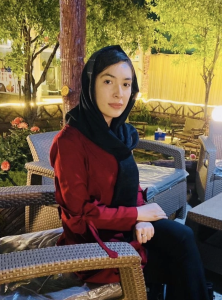
Prior to actually evacuating many people roamed around the airport preparing to leave for four days. Ayubi described the moment the doors of the plane she was on closed and the feeling she felt being packed into the plane, shoulder-to-shoulder with the other people. She shared the trauma she still faces from that life-changing experience.
“I remember that when the door of the airplane was closing that was the very worst, worst moment,” Ayubi said. “It was really difficult to tolerate and even sometimes when it comes to mind it bothers me and it is not easy at all.”
Once arriving in the United States, Ayubi, along with around 150 other Afghans were brought to Fort McCoy military base in Wisconsin. At Fort McCoy, assistance was provided regarding obtaining necessary documentation.
Many of these Afghans were women attending the Asian University for Women (AUW), located in Bangladesh. AUW is a fully independent regional institution devoted to women’s education and leadership development. Nine of these individuals were ultimately positioned to continue their education at Cornell University.
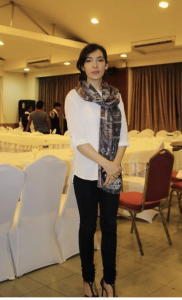
Ayubi is one of those nine women now attending Cornell University. She left her home and family in Eastern Kabul all in hopes of continuing her education and being able to feel a sense of safety and security.
She recalled how she felt the moment the U.S. withdrew from Afghanistan and the speed at which the Taliban took over the country.
She said the government was aware that the Taliban would be taking over Kabul. The government successfully evacuated the day before the Taliban took over the capital city, failing to communicate with the people. She said, the people of Afghanistan, including herself and her family, were left in the dark.
“In the morning that we woke up it was a normal day…nobody was expecting, even myself I was not expecting that the world will leave Afghanistan like this alone,” Ayubi said. “Everything changed in one hour. One hour changed the whole history. The whole 20 year summary.”
Transitioning to Life in Ithaca, NY
Before coming to Cornell, through her academics at AUW, Ayubi was set to work for the Afghan Health Ministry. She aspired to work for public health in Afghanistan, serving the people and ultimately working to improve public health care in the country.
“I had very big dreams for my country to work. I had lots of dreams to work for my people, for the country,” Ayubi said. “So all the hard work that I had done for four years, they all have become zero right now and all my efforts are useless.”
At Cornell, Ayubi has a full-scholarship and is planning on majoring in psychology and minoring in public health. She is currently a part-time student. In the coming month, she anticipates being accepted to Cornell as a full-time student. She was able to transfer about half of her credits from AUW, coming into Cornell with either sophomore or junior standing.
She said Cornell is being very supportive when it comes to making her transition to the university and the Ithaca community as smooth as possible.
This week for #ICParkSM I interviewed one Afghan who is now at Cornell University, transitioning to life in the United States.
Diana left Kabul in August and shared her story with me. @IthacaWeek pic.twitter.com/uTaIkrzXqW
— Maia Noah (@maianoah37) April 13, 2022
Ayubi came to the United States with only her cell phone and important documents. Cornell, along with Ithaca Welcomes Refugees (IWR), has also been supportive in helping provide other necessities to all nine Afghan refugees at the university.
Cornell is specifically providing money for any shopping necessary, room and board, unlimited access to laundry facilities and unlimited TCAT passes. Ayubi said she can also go and sit in any class that they wants to gain experience and get a feel for the academic life in the United States.
On the other hand, IWR helps with other facets, such as obtaining health insurance and going to doctors appointments.
“Ithaca Welcomes Refugees has been so supportive…at any time we can call them so they can help us,” Ayubi said. “I’m so thankful for everything they have done.”
When it comes to Cornell’s support, Ayubi said she believes they are helping in all ways possible.
“They are being so responsible…and all the time they have been so organized and they are doing their best,” Ayubi said. “They are working so hard for us, sharing that these are their plannings and what is your idea? Are you comfortable with this? If you’re not comfortable then we can arrange other things…so I don’t think there has been any gaps.”
Ithaca College also supported the nine Afghan refugees when they first arrived in Ithaca through providing housing while Cornell University worked on getting their dorms ready.
The Situation in Afghanistan Today
When it comes to the current situation on the grounds in Afghanistan, Ayubi is able to get the details from her family who remains in the country. She is able to call them every few weeks. From hearing what her family says, Ayubi shared that the situation in Afghanistan is only worsening.
Since the completion of the United States’ withdrawal, the Taliban has banned many components of everyday life. Afghans can no longer listen to music or watch television. Travel is barred. Only boys can go to school. People can’t work and go to their jobs.
“It’s kind of like a prison,”Ayubi said. “If you imagine, it’s really not easy, so you’re not even okay in your own home…home is where you should feel safety and security and comfortable.”
Ayubi said doctors are even being killed, with anyone who worked for the private government of Afghanistan currently seen as a target by the Taliban. Ayubi said that her brother’s friend was recently killed for being a doctor for the military of the private government.
Journalists, especially those who are female, are also at risk.
Right now, Ayubi feels a sense of helplessness, especially when it comes to providing support to her family who is still in Afghanistan.
“I wanted to help them, but I don’t know how I can help them because still I am not having any legal visas in here…I’m not having the support that I can support my family,” Ayubi said.
Ayubi said this sense of helplessness is felt by all Afghans, those who evacuated and those who still remain in the country.
“We can’t do anything, it feels like we’re watching some drama or some horror movie and we should wake up from it, but unfortunately it is not a nightmare, it is real.”









